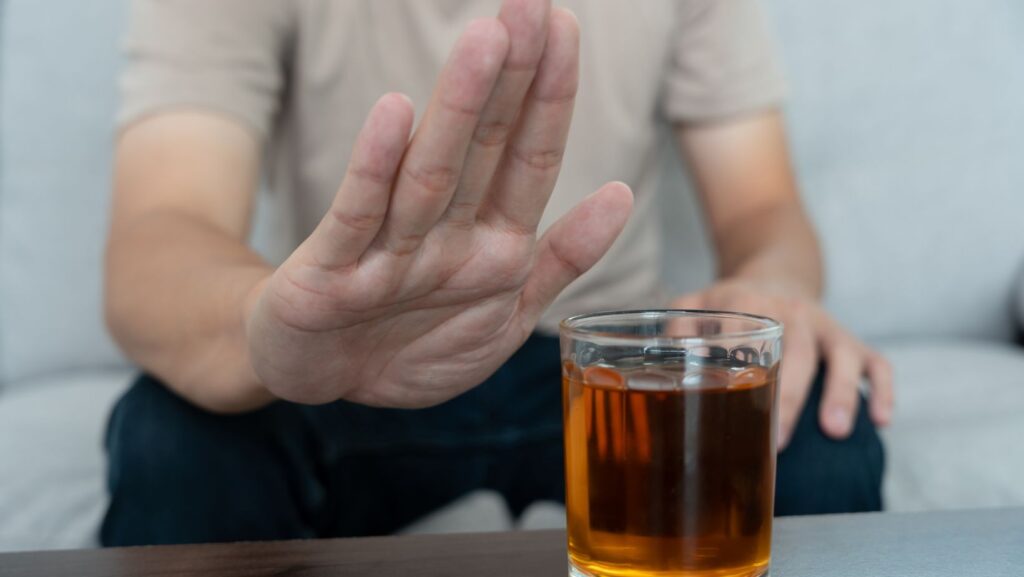
Is Recovery Just a Buzzword, or Is It the Real Deal?
Addiction recovery gets tossed around like it’s an Instagram hashtag, a mantra slapped on coffee mugs or the tagline for a feel-good documentary. But here’s the thing: for the people living it, recovery is messy, raw, and unfiltered. It’s far from the polished, one-size-fits-all solution the world likes to pretend it is. Let’s get real—recovery isn’t a quick fix or an overnight epiphany. It’s a deeply personal process, full of unexpected twists, quiet triumphs, and seismic shifts. The real question is: can recovery become more than just a buzzword? Can it truly change lives? Let’s dig into it.
Addiction Isn’t Always the Villain
The word addiction comes with baggage. It’s the shadowy figure in countless movies, the cautionary tale in every health class, and the headline of too many tragedies. But let’s zoom out for a minute. Addiction isn’t always the villain people think it is—it’s often a symptom, not the root cause.
People aren’t just out here wrecking their lives for fun. Pain, trauma, stress, and even boredom can open the door to addiction. It becomes a way to survive, to numb, to quiet the chaos. If we really want to help, we’ve got to stop framing addiction as a personal failing and start seeing it as the complex, multifaceted issue it is. Once we do that, recovery stops looking like a mountain to climb and starts looking like something possible.
Rebuilding: The Art of the Do-Over
Recovery isn’t just about saying “no” to the thing that’s been wrecking your life—it’s about figuring out what you’re saying “yes” to instead. That’s where the magic happens. Rebuilding a life after addiction isn’t about going back to who you were before things went off the rails. It’s about creating a new version of yourself, one that’s stronger, smarter, and kinder to you.

For some, that means finding creative outlets: painting, music, writing. For others, it’s physical—a love of running, lifting, or yoga. Some lean into spirituality, while others find solace in connection, in reestablishing relationships they thought were long gone. Recovery doesn’t follow a blueprint. It’s about figuring out what works for you and building a life you don’t feel the need to escape from.
Beyond the Buzz: Talking Recovery Like a Pro
Let’s tackle the elephant in the room—how to talk to your doctor about alcoholism. Sounds simple, right? Wrong. Stigma loves to get in the way of people reaching out for help. It’s intimidating to admit to anyone, let alone a medical professional, that you’re struggling. But here’s the truth: doctors have heard it all. If you’re honest about your habits, your fears, and your goals, they can help you map out a plan that works.
And yeah, it might involve therapy, medication, or groups like AA, but it could also involve things you’ve never even considered. The key is to start the conversation. Speak up. Ask questions. No one’s going to judge you for wanting to reclaim your life.
Why Location Doesn’t Matter, But Connection Does
Whether it’s from addiction treatment in Arkansas, Virginia or Hawaii, the point is this: it’s not about where you start—it’s about the connections you build along the way. The people you surround yourself with matter. Community matters. You don’t have to go through this alone, and frankly, you shouldn’t.
Some people find their support in rehab or group therapy. Others lean on family or a tight-knit friend group. And then there’s the growing wave of people finding solidarity online, through recovery forums, sober influencers, or even TikTok. Whatever the medium, the takeaway is the same: connection keeps you accountable. It lifts you up when the road feels long and reminds you why you’re doing the hard work in the first place.
The New Face of Sobriety
Let’s be clear: sobriety isn’t boring. Forget the tired trope of sober people sipping flat soda at a lifeless party. These days, the sober-curious movement is turning heads, even among people who don’t identify as addicts. Mocktail bars are trending. Sober meetups are replacing boozy happy hours. People are discovering that life without substances doesn’t mean life without fun.

And it’s not about fitting into anyone else’s definition of sober, either. For some, sobriety means cutting out everything, while others are focusing on ditching their most destructive habits. The bottom line is this: sobriety, in whatever form it takes, is becoming something to celebrate—not just something to survive.
Real Talk: Recovery Isn’t Linear
Here’s the thing no one likes to admit about recovery: it’s not a straight line. It’s two steps forward, one step back. It’s progress, not perfection. Some days, you’re nailing it. Other days, you might slip. That doesn’t make you a failure. It makes you human.
What matters is that you don’t let a setback turn into a full-blown relapse. Every day is a new chance to make better choices, to try again, and to keep moving forward. Recovery isn’t about never falling—it’s about always getting back up.
Recovery Is More Than Possible—It’s Worth It
The word recovery doesn’t have to stay a buzzword. It doesn’t have to be hollow, performative, or out of reach. Recovery is real, and it’s worth it. It’s not just about breaking free from addiction—it’s about rediscovering yourself. It’s about creating a life that feels good to wake up to, one you’re proud of, one you fought for.
For anyone out there who’s struggling, know this: you’re not alone. Help is out there. And when you’re ready, the path to recovery will be waiting for you—messy, unpredictable, and absolutely worth every step.





